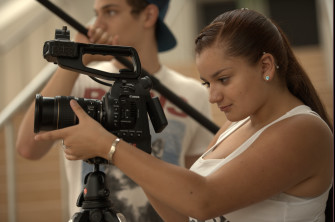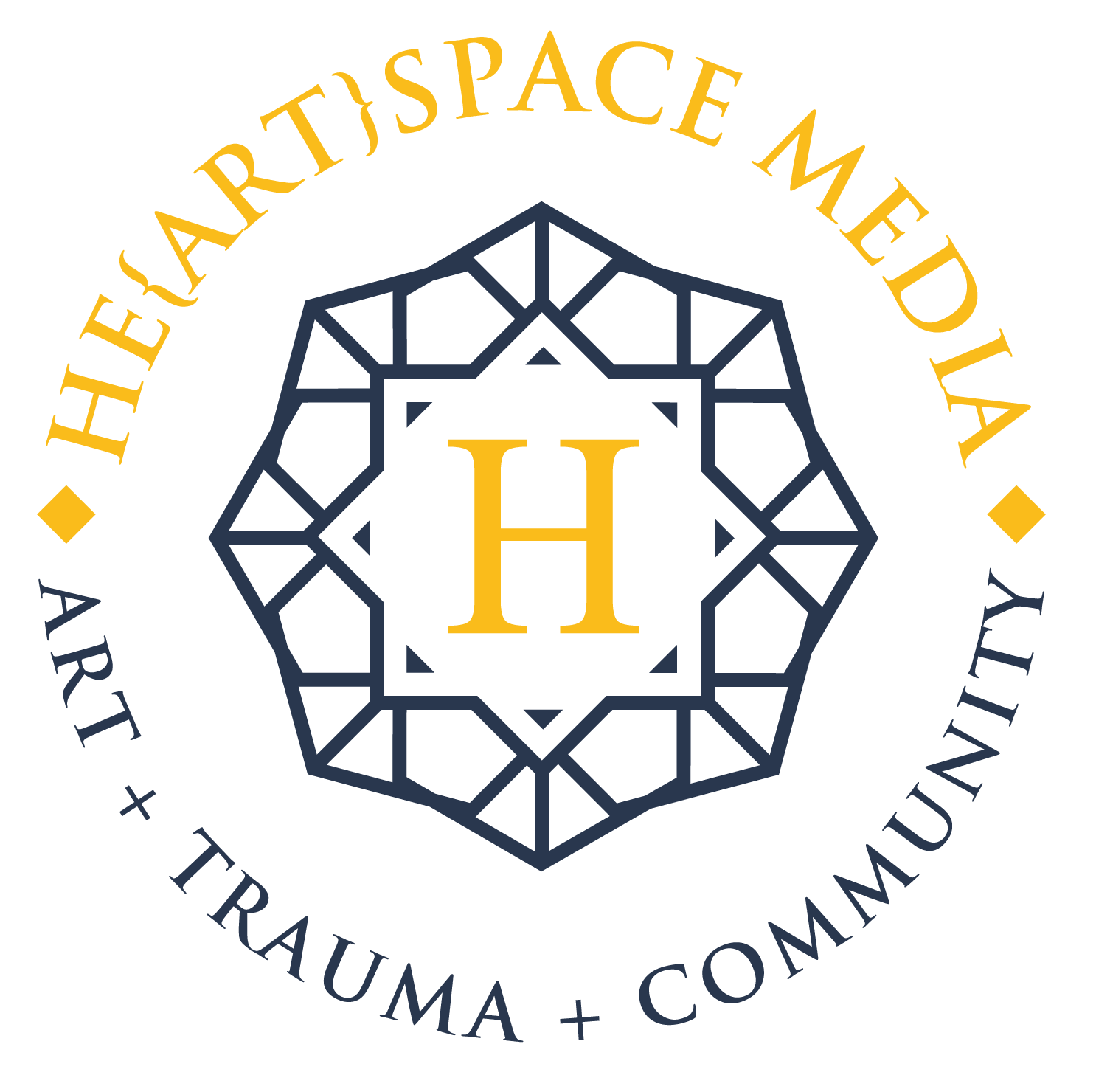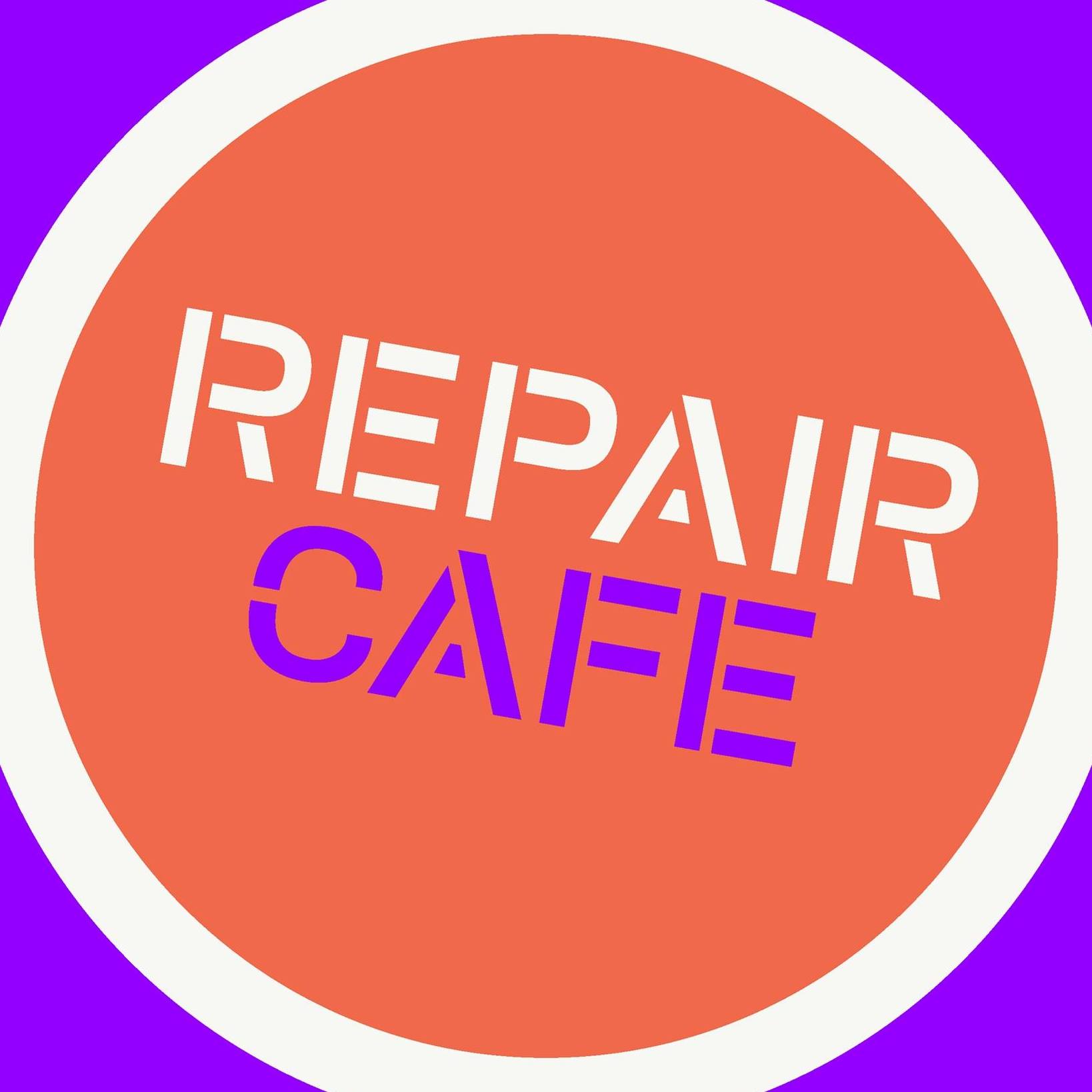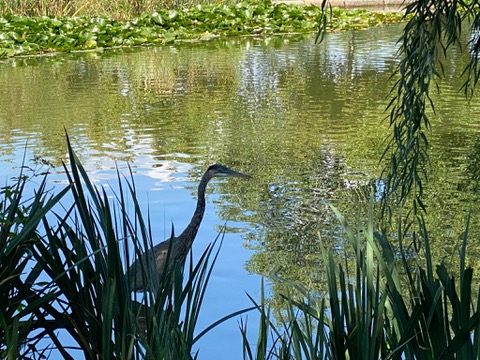
This was really great event highlighting the importance of talking about the subject of emotions for the health of our communities. I attended the afternoon block which featured four amazing-quality – and I don’t use those accolades lightly – short films by young people. Each film touched on the theme of, “mental health.” I put that term in quotes, because I think it’s more accurately and thoroughly termed, “societal/relational health.”
The films were developed as part of the Youth Documentary Academy. From their website: “Founded in 2014, the Youth Documentary Academy (YDA) trains young people how to locate stories from their lived experiences and direct their own documentary films. In a two-month summer intensive, students learn all aspects of documentary filmmaking from professional filmmakers, faculty and guest artists. At the end of the program, students complete a film, and learn how to distribute it to film festivals, community organizations and television outlets.

…The Youth Documentary Academy (YDA) is housed at Pikes Peak State College in Colorado Springs. Students from the ages of 14 to 18 are encouraged to apply to the Summer session.”
In her opening remarks, Deputy Director of the Youth Documentary Academy, Mari Moxley mentioned the power of narrative therapy, or a ‘re-authoring of stories,’ and the power that method can have in the recovery from trauma. She also highlighted that, ‘The person is never the problem. The problem is the problem.’
“Mental health” is not only “mental,” of course either. Yes, it is our physical brains. Yes, it is neuroscience. But as people, we are not brains walking around on a pair of legs. Instead we’re whole beings — minds, bodies, emotions, spirits … in relationship to each other, the world and beyond.
The event included an after-viewings guided (gotta love those organized educators! (Which I truly do.)) community discussion. I thought that part of the time, as listed in the event summary, would be random, voluntary chatting in the lobby following the screenings. But it was more structured. There was a moderator who prompted periodically with a set of jumping-off questions, to discuss if participants wished.
This was a rather brilliant format in my opinion. And I think one that would be a wonderful feature of many local events. Though I also would have appreciated more notice/a summary about what the procedure would be like beforehand in some of the event messaging. If I hadn’t seen someone I knew there afterwards, I’m not sure I would’ve pushed in and stayed around for this part.
The films were heavy, topic-wise — they acknowledged and documented acute pain and loss, associated with some difficult life tragedies and challenges. At the same time, each one acknowledged and documented the reality of hope, and examined various ways that people discovered and embraced that.

Shifting the Lens Afternoon Block Panelists from L. to R. – Dr. Tyler Phillips, Veteran & Jet Blue Captain; Dr. Monica Furey, Clinical Asst Prof Social Work, UCCS College of Public Srvc; Filmmaker Marissa Jackson; Cass Walton, ED, Pikes Peak Suicide Prevention Partnership; Filmmaker Olive Van Eimeren; Ila Debose, Clinical Asst Prof Social Work, UCCS College of Public Srvc
Conversation was paramount. Meeting, sharing ideas (with good boundaries, both external and internal), and real listening, were all mechanisms of healing and repair. Both in the films, in the personal stories of those represented, and in the follow-up talk, connection was key.


